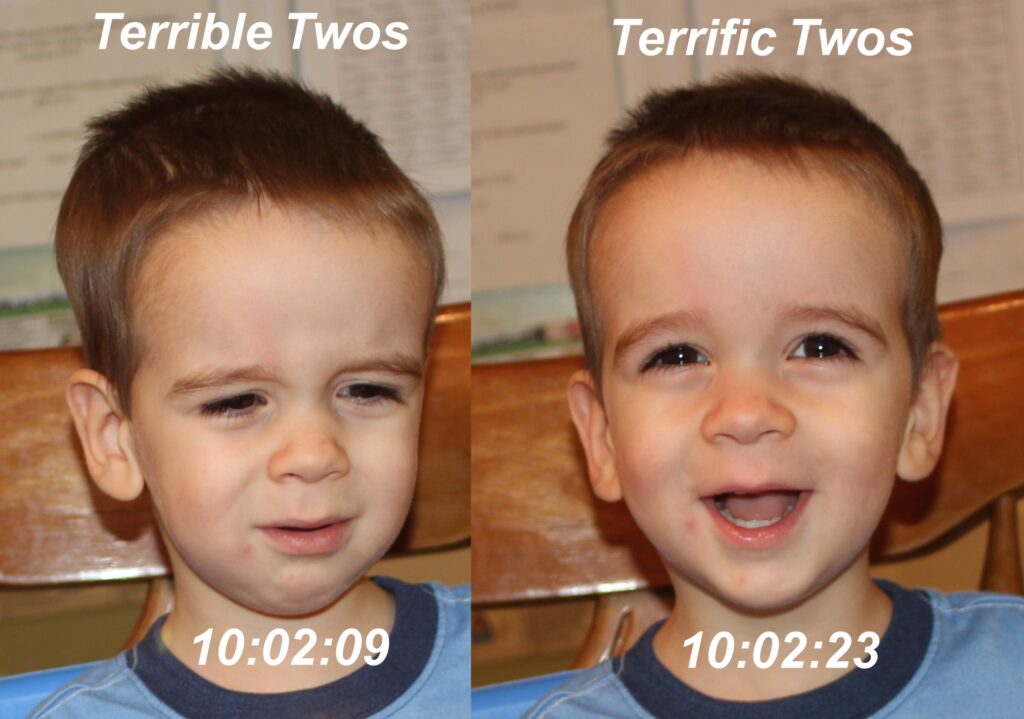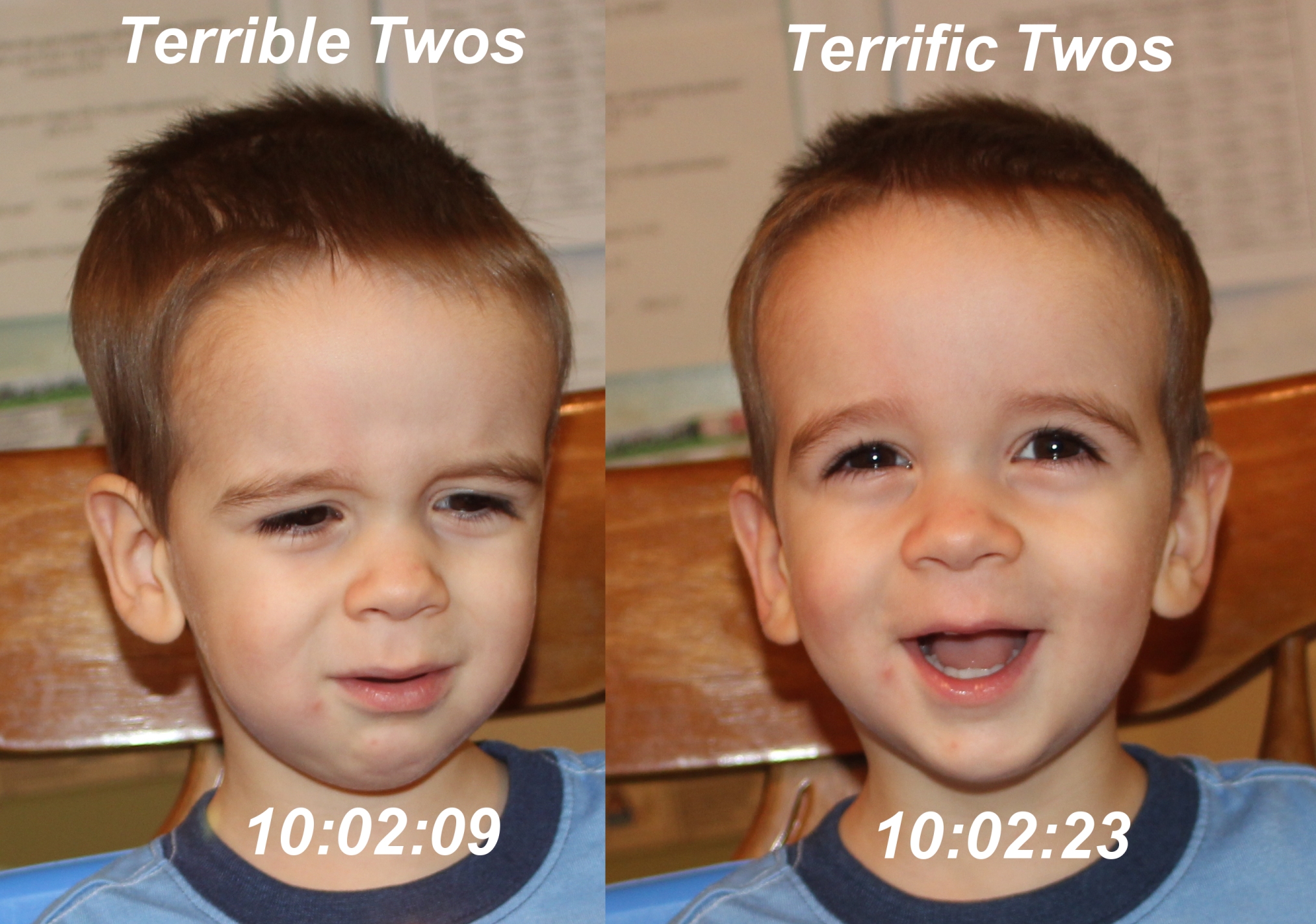
Navigating the Terrible Twos: Understanding and Managing Toddler Behavior
The phrase “terrible twos” is a common expression used to describe a developmental stage in toddlers, typically between the ages of 2 and 3. This period is often characterized by increased defiance, tantrums, and emotional outbursts. While it can be a challenging time for parents and caregivers, understanding the underlying reasons for this behavior can help in navigating the terrible twos more effectively. This article will explore the causes of the terrible twos, provide practical strategies for managing challenging behaviors, and offer insights into supporting a toddler’s development during this crucial stage.
Understanding the Development Behind the Terrible Twos
The terrible twos are not simply a matter of toddlers being difficult; they represent a significant period of cognitive, emotional, and social development. Several factors contribute to the behaviors associated with this stage:
- Increasing Independence: Toddlers are beginning to assert their independence and desire to make their own choices. This newfound autonomy can lead to conflicts when their desires clash with parental expectations.
- Limited Communication Skills: While toddlers are rapidly expanding their vocabulary, they may still struggle to express their needs and emotions verbally. This can result in frustration and tantrums when they cannot articulate what they want or how they feel.
- Developing Emotional Regulation: Toddlers are still learning how to manage and regulate their emotions. They may experience intense feelings but lack the skills to cope with them effectively, leading to emotional outbursts.
- Testing Boundaries: Toddlers often test boundaries to understand the limits of acceptable behavior and the consequences of their actions. This is a natural part of their learning process.
Cognitive Growth and the Terrible Twos
Cognitive development plays a crucial role in the terrible twos. As toddlers’ cognitive abilities advance, they become more aware of themselves as individuals and their ability to influence their environment. This growing self-awareness can manifest as a desire to control situations and resist directives from adults. The development of object permanence, the understanding that objects continue to exist even when they are out of sight, also contributes to separation anxiety, which can fuel tantrums.
Emotional and Social Development
Emotionally, toddlers are navigating a complex landscape of feelings. They may experience joy, sadness, anger, and fear with intensity, and they are learning to identify and express these emotions. Socially, they are developing an understanding of social rules and expectations, but they may not always be able to adhere to them. This combination of emotional intensity and limited social understanding can lead to behaviors that are perceived as challenging.
Strategies for Managing Challenging Behaviors
Managing the terrible twos requires patience, consistency, and a proactive approach. Here are some effective strategies for navigating this challenging stage:
- Provide Clear and Consistent Boundaries: Establish clear and consistent rules and expectations. Toddlers thrive on routine and predictability, so it is important to maintain a consistent approach to discipline.
- Offer Choices: Give toddlers opportunities to make choices whenever possible. This can help them feel more in control and reduce the likelihood of power struggles. For example, instead of demanding they wear a specific shirt, ask, “Do you want to wear the blue shirt or the green shirt?”
- Use Positive Reinforcement: Focus on rewarding positive behavior rather than punishing negative behavior. Praise and encouragement can be highly effective in motivating toddlers to cooperate.
- Ignore Minor Misbehavior: Sometimes, the best response to minor misbehavior is to ignore it. Toddlers often seek attention, and ignoring their behavior can sometimes extinguish it.
- Redirect Attention: When a toddler is engaging in undesirable behavior, try redirecting their attention to a more positive activity. This can be particularly effective for preventing tantrums.
- Create a Calm Environment: Minimize distractions and create a calm and structured environment. This can help toddlers feel more secure and reduce the likelihood of emotional outbursts.
- Model Appropriate Behavior: Toddlers learn by observing the behavior of adults. Model appropriate behavior and demonstrate how to manage emotions in a healthy way.
- Practice Active Listening: When a toddler is upset, listen attentively and acknowledge their feelings. This can help them feel understood and validated.
Dealing with Tantrums
Tantrums are a common feature of the terrible twos. They can be triggered by frustration, anger, or a desire for attention. Here are some tips for managing tantrums:
- Stay Calm: It is important to remain calm when a toddler is having a tantrum. Getting angry or upset will only escalate the situation.
- Ensure Safety: Make sure the toddler is in a safe environment and cannot harm themselves or others.
- Ignore the Tantrum: If the tantrum is not disruptive or dangerous, ignore it. Avoid giving the toddler attention or engaging in a power struggle.
- Offer Comfort: Once the tantrum has subsided, offer comfort and reassurance. Let the toddler know that you are there for them and that you understand their feelings.
- Avoid Giving In: Do not give in to the toddler’s demands during a tantrum. This will only reinforce the behavior and make it more likely to occur in the future.
Supporting Development During the Terrible Twos
The terrible twos are not just about managing challenging behaviors; they are also an opportunity to support a toddler’s development. Here are some ways to foster growth during this stage:
- Encourage Language Development: Talk to toddlers frequently, read books together, and encourage them to express themselves verbally.
- Promote Social Skills: Provide opportunities for toddlers to interact with other children and adults. This can help them develop social skills and learn how to navigate social situations.
- Foster Independence: Encourage toddlers to do things for themselves, such as dressing, feeding themselves, and helping with simple chores.
- Provide Opportunities for Play: Play is essential for a toddler’s development. Provide a variety of toys and activities that stimulate their imagination and creativity.
- Encourage Problem-Solving: Give toddlers opportunities to solve problems and make decisions. This can help them develop critical thinking skills and build confidence.
The Importance of Self-Care for Parents
Navigating the terrible twos can be exhausting and stressful for parents. It is important to prioritize self-care and take steps to manage stress. This may include:
- Getting Enough Sleep: Sleep deprivation can exacerbate stress and make it more difficult to cope with challenging behaviors.
- Eating a Healthy Diet: A healthy diet can improve mood and energy levels.
- Exercising Regularly: Exercise can help reduce stress and improve overall well-being.
- Seeking Support: Talk to other parents, friends, or family members about the challenges you are facing. Consider joining a support group or seeking professional counseling.
- Taking Breaks: Schedule regular breaks to relax and recharge. This may involve spending time alone, engaging in a hobby, or simply taking a few minutes to breathe deeply.
Reframing the Terrible Twos
While the term “terrible twos” often carries a negative connotation, it is important to reframe this stage as a period of significant growth and development. Toddlers are not deliberately trying to be difficult; they are simply navigating a complex set of emotions and challenges as they learn to assert their independence and understand the world around them. By understanding the underlying reasons for their behavior and employing effective management strategies, parents can help toddlers navigate this stage successfully and foster their development.
The terrible twos, while challenging, are a normal and necessary part of child development. With patience, understanding, and consistent strategies, parents and caregivers can help toddlers navigate this stage and emerge with greater independence, emotional regulation, and social skills. Remember to celebrate the small victories and seek support when needed. The terrible twos don’t last forever, and they pave the way for the wonderful years that follow.
The terrible twos are a period of intense learning and growth. Embrace the challenges, celebrate the milestones, and remember that this stage is a stepping stone to a more independent and capable child. Understanding and managing the terrible twos effectively can lead to a stronger, more positive relationship with your toddler.
[See also: Positive Parenting Techniques for Toddlers]
[See also: Understanding Toddler Development Milestones]
[See also: How to Deal with Sibling Rivalry in Young Children]

